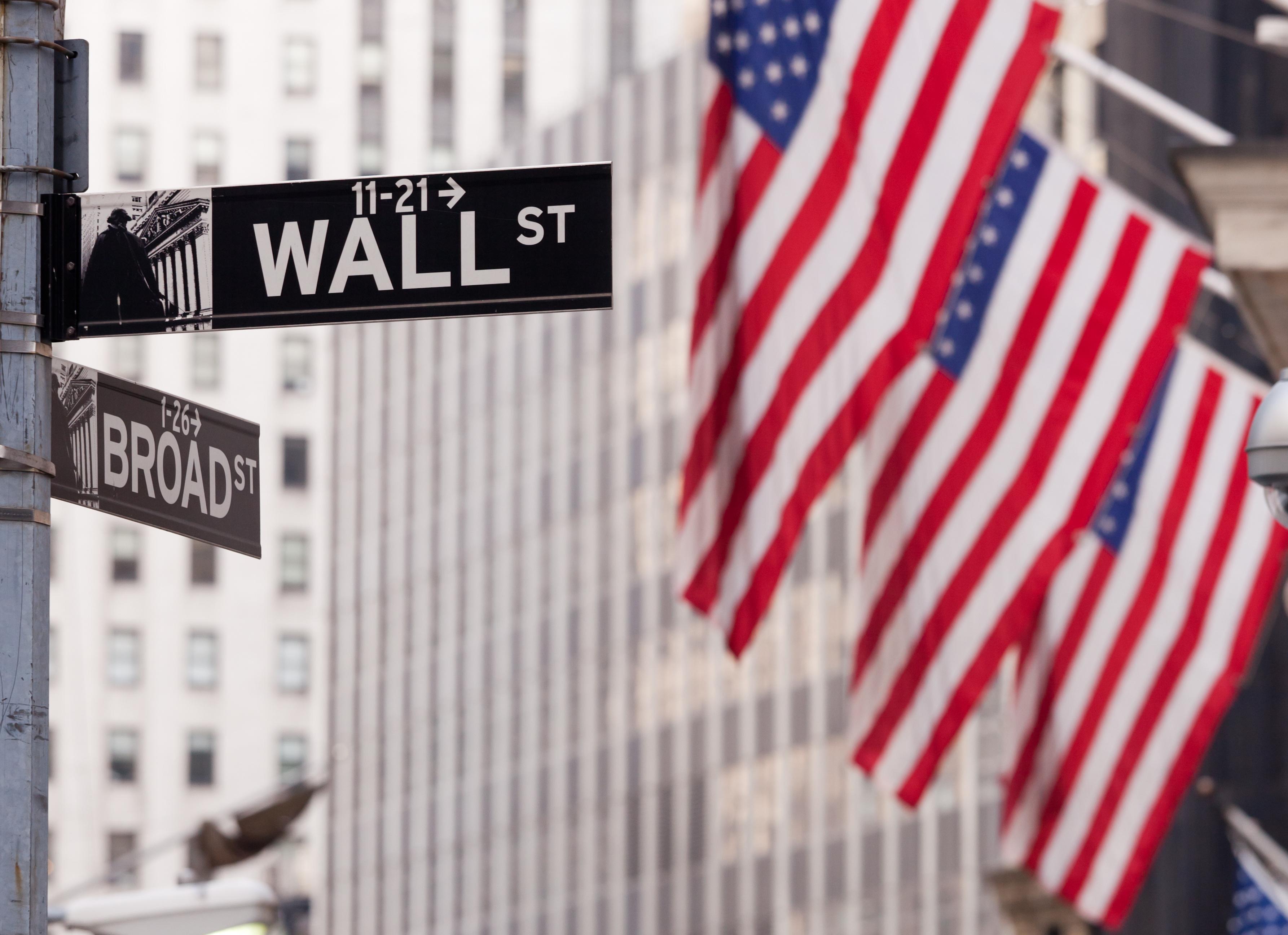COVID-19 Impacts US Stock Markets and Economy
COVID-19 has taken a toll on the US and global economy. US stock markets finally ended their longest bull market in history amid coronavirus fears.
April 13 2020, Updated 1:18 p.m. ET

- COVID-19 has taken a toll on the US and global economy. US stock markets finally ended their longest bull market in history amid coronavirus fears.
- We’ll discuss how much COVID-19 could impact the US economy and stock markets. We’ll also see how leading institutions expect the coronavirus to impact the global economy.
COVID-19 impacts US stock markets
US stock markets witnessed one of their worst quarters due to COVID-19. The Dow Jones Index (NYSEARCA:DIA) recorded its worst first quarter ever. At the beginning of the pandemic, President Trump said that it was a health crisis and not a financial crisis. Currently, the pandemic is more of a financial crisis. Let’s see how the coronavirus could impact the US and global economy.
Pandemic impacts the global economy
Kristalina Georgieva, the IMF’s managing director, said that COVID-19 is “a crisis like no other.” She also said that “global growth will turn sharply negative in 2020.” The IMF expects that 170 countries will witness degrowth in their per capita income this year. There were projections for a V-shaped recovery for the global economy after the COVID-19 pandemic. However, the IMF’s baseline scenario takes into account a “partial recovery in 2021.” There has been a V-shaped recovery in US stock markets over the last two weeks.
WTO and UN on the financial impact
Mercatus expects every month of the partial shutdown to shave off 5% from the US GDP. According to the findings, the US GDP would contract by 10% of $2.14 trillion in the first two months of the partial COVID-19 shutdown. The WTO expects global trade to fall by 13%–32% this year. Meanwhile, the United Nations expects the global GDP to fall almost 1% this year due to COVID-19. According to World Bank data, the global GDP fell by 1.7% in 2009.
US economy amid COVID-19
Minneapolis Federal Reserve President Neel Kashkari sees a “long, hard road” when it comes to economic recovery. IHS/Markit also expects the US economy to enter a recession this year. The forecasts are based on researchers’ estimates of the shutdown duration. If it takes longer than expected to lift the restrictions on normal business activity, the economic impact could be more severe. Meanwhile, China has resumed business after the shutdowns. Chinese stock markets are outperforming global markets this year.
Global stock markets
If the forced shutdowns increase, it would put pressure on US government finances. The federal deficit is expected to rise to the highest level since World War II. In all likelihood, the US should get another stimulus. President Trump asked for a $2 trillion stimulus for infrastructure. Globally, most governments have loosened their purse strings to control the financial impact amid COVID-19. There would be more stress on financial systems in some of the emerging markets. We’ve already seen record fund outflows from emerging economies. The sharp fall in commodity prices would also jeopardize the fiscal situation for countries that are major commodity exporters. Stock markets in emerging countries have also been hit by the coronavirus.
US stock markets and coronavirus
US stock markets have recovered sharply from their March lows. However, we might see another round of selling after the economic data and corporate earnings show the financial impact of COVID-19. Extended shutdowns, while a health necessity, would have a negative impact on the economy and stock markets. Read Covid19: Have US Stock Markets Bottomed Out? to learn more.
